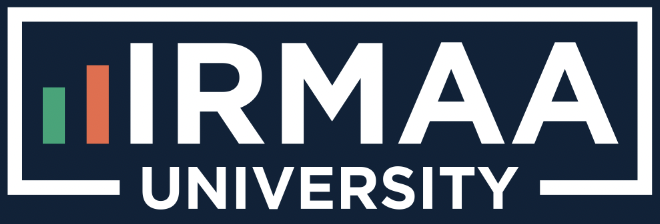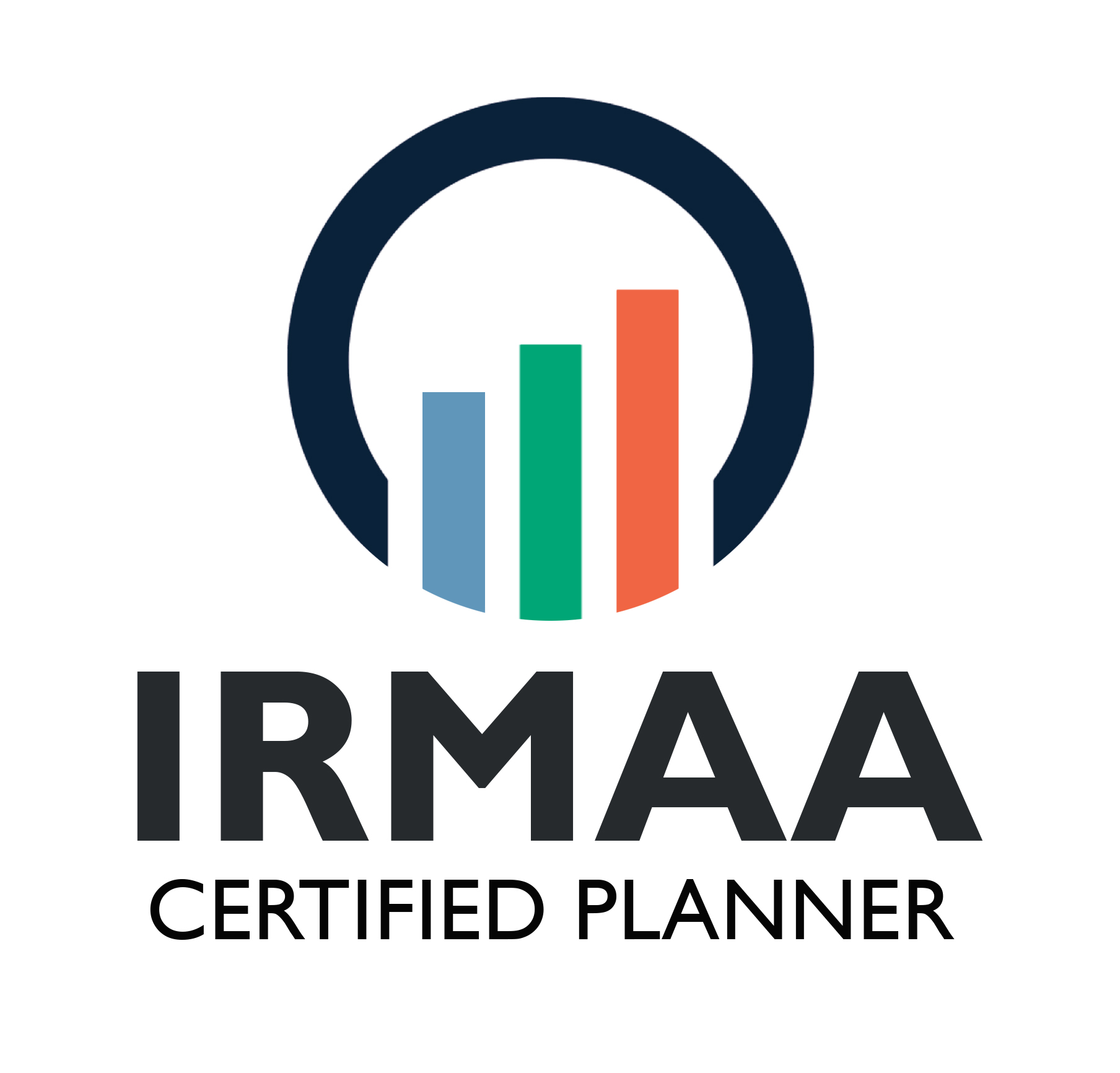There is a video through email with the subject header being titled “Fair Warning… I saw this on NBC News last night” that is going viral and it touches on how hospitals use the terms Inpatient vs Under Observation.
The actual body of the email states:
“I saw this on NBC News last night and thought I should send it to all my friends on Medicare as fair warning. I’ve included the segment for you to view. Basically, if I understand it correctly, do not let the hospital admit you with the words, “Under Observation.” Insist on “In-Patient” designation. Otherwise, you will be responsible for the hospital expenses. It might be wise to inform family members too”.
Now, please note that there is nothing wrong with the email or even the video. The information that is provided in it is truthful, factual and spot on. Brian Williams and NBC did a great job on reporting this information and they should be commended for it.
The video does a fantastic job at explaining the two, very distinct, options hospitals have when admitting a patient, which are:
Inpatient:
By definition is “a patient who is admitted to a hospital or clinic for treatment that requires at least one overnight stay” (keep in mind that this has changed). Hospitals use this status is when there is a clear medical necessary issue with the patient, i.e. bleeding wound, apparent heart attack.
Observation:
Hospitals use this term to determine if the patient is sick enough to need inpatient treatment. If the hospital can not immediately see that there is a medically necessary reason for the patient to be at the hospital they have to admit the patient as being in the “Observation” category to run tests to finally determine what the patient needs.
The video also, correctly, reports on how these two very different options will impact patients and the differences are:
Inpatient:
Under Inpatient Medicare will cover the costs.
Observation:
If the hospital can NOT find a medical reason to admit the patient while being “Under Observation” all of the costs will be the responsibility of the patient.
Is this information, especially for those in the financial industry, in any way shape or form considered to be a “Fair Warning”?
HOPEFULLY NOT and here is why:
This is nothing new!
Inpatient verse Observation is the standard process for admitting patients under Medicare coverage since the dawn of Medicare. Even more frightening is the fact that this “Fair Warning” is on page 32 of Medicare’s fantastic handbook, aptly titled “Medicare and You”.
On Page 32 it clearly states, after a big blue arrow, when it comes to Inpatient that:
“Staying overnight in a hospital doesn’t always mean you’re an inpatient. You only become an inpatient when a hospital formally admits you as an inpatient, after a doctor orders it. You’re still an outpatient if you’ve not been formally admitted as an inpatient, even if you’re getting emergency department services, observation services, outpatient surgery, lab tests, or X-rays. You or a family member should always ask if you’re an inpatient or an outpatient each day during your stay, since it affects what you pay and whether you’ll qualify for Part A coverage in a skilled nursing facility”.
Ultimately, Medicare is screaming at its beneficiaries for years about this internet phenomenon and the one other industry, the financial one, which happens to help people plan for retirement and states to be the experts on the subject, find this rule to be “far worse” than even the Medicare “means testing rules”.
Again, this email is a real “Fair Warning”, but not for the reasons many would think.
It is a “Grave Warning” simply because it is highlighting the fact that many people, including financial professionals AND financial firms may not completely understand the one basic need people have in retirement – their health.
Conclusion
Eventually, there will come a time when those that sought financial advice will reach the age of needing care and they will feel the brunt of today’s planning or lack thereof. Their savings will have been depleted, their options of generating any more income or cash will have all but dried up and they will be left the very hard decision of what to do when it comes to either their health or their lifestyle (eating).
The only thing that we have yet to see is what will the reaction be of the children, whose parents received this “Retirement Advice” from financial professionals when they quickly realize that their parents are not only broke, but that they are also in pain, simply because the financial industry just didn’t understand the simple rules of actual retirement.
Even scarier, as Mike Padawer of Inertia/Advisor’s Service Group likes to point out, “The financial industry is always looking for niche to market too and this issue of planning for healthcare costs is probably the greatest one ever. It impacts every single person while happening to be the biggest expense anyone will face in retirement and who is actually in this niche?”
Mr. Padawer is actually spot on, with the exception of Nationwide, Healthcare Retirement Planner Financial and Fidelity, who is really marketing this cost?
From experience not many and what is even more surprising than who is or isn’t marketing to this issue, is the solution to it. When the smoke clears and the information is gathered the real solutions for clients tend to be the current ones advisors already have access to which are: Roth Investments, certain Life Insurance policies, specific Annuities and other less know investment vehicles like Health Savings Accounts and 401(h) plans.
The fact of the matter is the general public will now need financial planning more than ever as there is an obvious need, but who is really there for them to not only help them plan, but also provide the solution?

